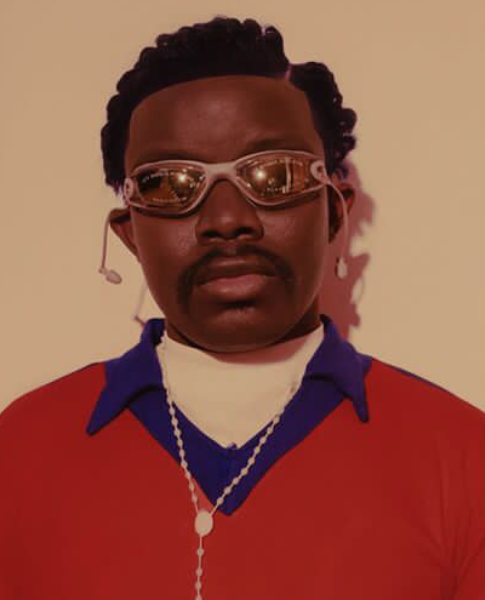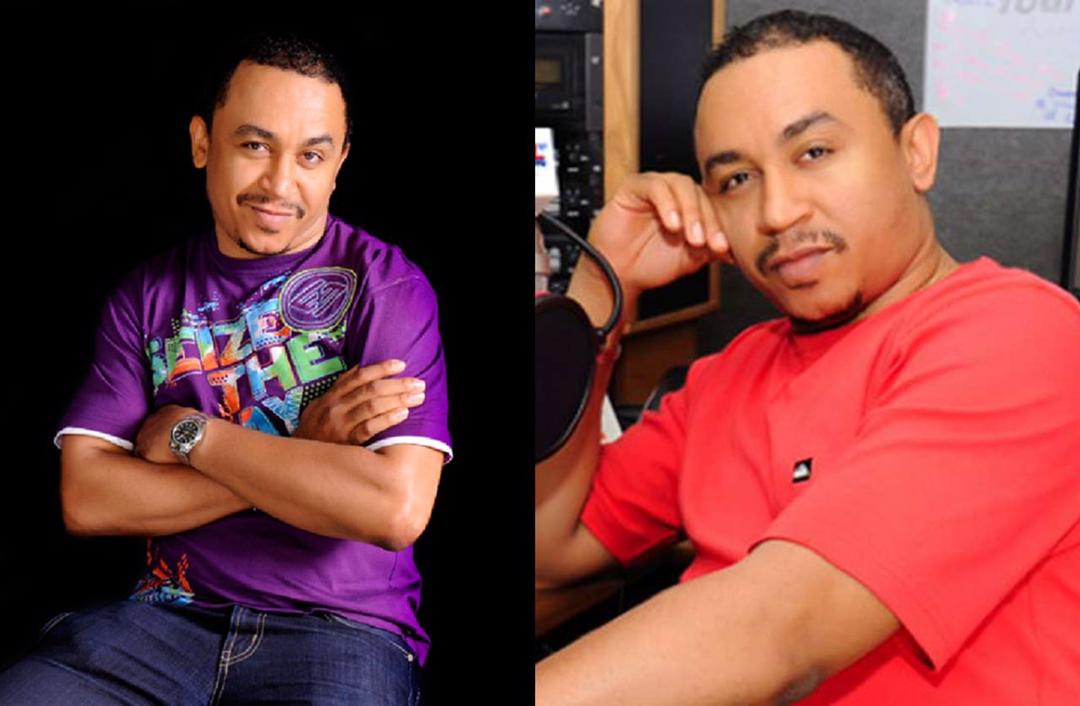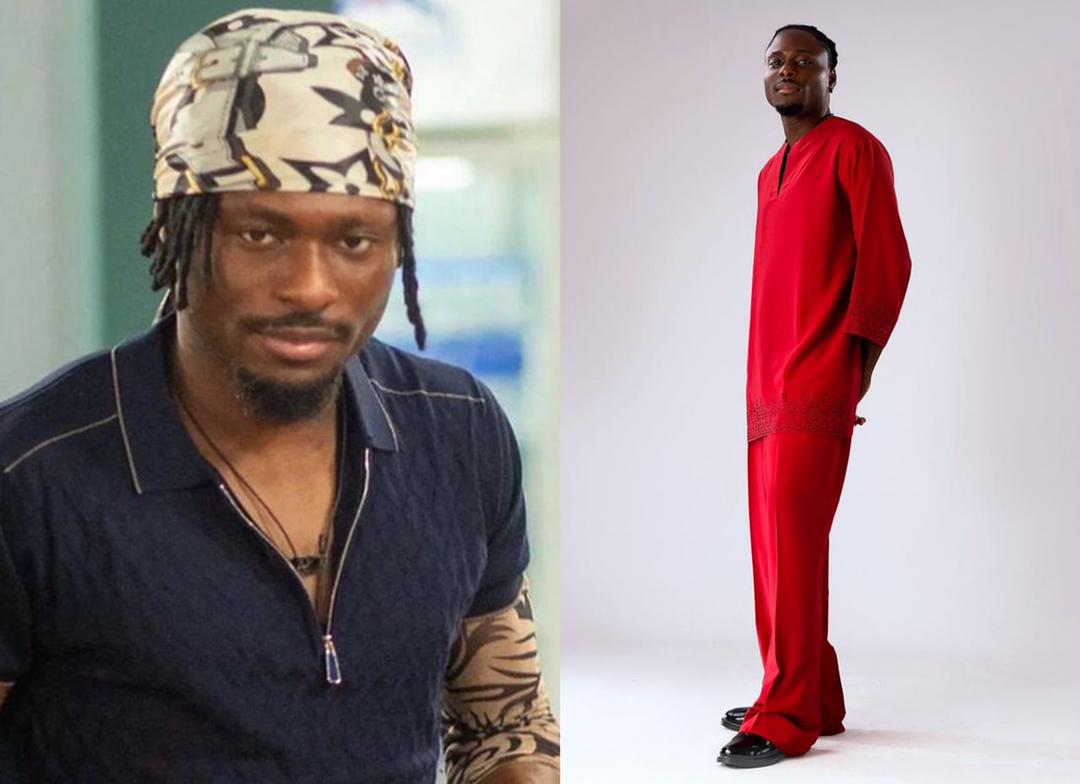
“Health is Wealth True True” – TG Omori Shocks Nigerians as He Reveals His 6-Month Health Expenses Could Buy Two GLEs and a C300

Popular Nigerian music video director, TG Omori, known for his creative genius and flamboyant lifestyle, has stunned many with a deeply emotional revelation about his health journey and the staggering amount he has spent on medical treatment in just six months. Taking to his X (formerly Twitter) page, Omori shared that his health expenses within half a year could easily purchase two luxurious Mercedes-Benz GLEs and a C300, leaving fans and netizens in shock at the unimaginable costs.
“Health is wealth true true,” Omori tweeted, reflecting on the reality of how much he has had to sacrifice financially just to stay alive and manage his health. According to him, dialysis, one of the medical treatments he has been undergoing, costs over ₦100,000 per session, and in some cases, a patient may need three sessions a week. For someone earning Nigeria’s minimum wage of ₦70,000 per month, this is not only unaffordable but outright impossible, a fact that left the star in tears as he empathized with ordinary Nigerians who might be facing similar battles without the financial strength to fight back.
Omori, fondly called “Boy Director” in the entertainment industry, is not one to shy away from speaking his mind, but this revelation has opened up a new side of him that many of his fans had never seen before. While he is often associated with flashy cars, luxury fashion, and award-winning music videos for top Nigerian artistes, his latest confession reminds everyone that beneath the glitz of fame lies the same human vulnerability that millions of Nigerians face daily. He made it clear that despite his success, the toll of health challenges has been overwhelming, and the sheer amount of money he has had to pour into hospital bills would break anyone who is not financially buoyant.
The filmmaker’s revelation has sparked widespread conversation online, with many Nigerians expressing shock and sympathy while also lamenting the poor state of the country’s healthcare system. The cost of dialysis, as highlighted by Omori, shines a harsh light on the plight of those battling chronic kidney conditions in Nigeria. For a country where healthcare is largely underfunded and patients are left to cater for their bills out-of-pocket, the picture painted by Omori’s tweets is not just about his struggle but about the broader tragedy that countless families face. While he could afford to fund his treatment, he was quick to acknowledge that many Nigerians simply have no chance at survival under such conditions, a thought that broke him in the hospital ward as he watched others suffer without hope.
His comments stirred emotions among his followers, with many pointing out that his story underscores the urgent need for healthcare reform in Nigeria. Some social media users were quick to calculate that at ₦100,000 per dialysis session, three sessions in a week would amount to ₦300,000, and in a month that would translate to roughly ₦1.2 million. Over six months, that’s ₦7.2 million, a staggering figure that indeed could buy luxury cars as Omori pointed out. While for him, the expenses have been painful but manageable given his financial standing, the thought of ordinary Nigerians trying to survive on minimum wage left him brokenhearted.
“Dialysis is about 100k plus per session, sometimes you need 3 sessions in a week, minimum wage is 70k. Knowing this fact brought me tears in the hospital cause no hope for the common man,” Omori wrote in one of his tweets, a statement that has since gone viral and ignited discussions about how only the wealthy in Nigeria have a real shot at surviving serious health conditions.
Beyond the numbers, Omori’s honesty has opened up a wider debate on inequality, access to healthcare, and the harsh realities of life in Nigeria. While politicians and elites enjoy access to state-of-the-art facilities both locally and abroad, the average Nigerian is left at the mercy of underfunded hospitals, overstretched staff, and exorbitant bills that most can never hope to pay. His candid revelation strips away the illusion that wealth and fame shield celebrities from pain; it shows instead that health is the ultimate equalizer, and without it, all the money in the world feels inadequate.
Fans have flooded his comment section with prayers, words of encouragement, and gratitude for shedding light on such a sensitive yet important issue. Many praised him for using his platform to highlight the struggles of patients battling kidney disease and other chronic illnesses in Nigeria, urging the government to take serious action to make treatment more accessible and affordable. Some even shared personal stories of loved ones who could not continue dialysis due to costs and ended up losing their lives, making Omori’s words even more hauntingly true.
The story has also reignited discussions about Nigeria’s health insurance schemes and how little they cover when it comes to chronic conditions. Critics argue that while millions of Nigerians live below the poverty line, life-saving treatments like dialysis remain priced far beyond their reach. For many, Omori’s revelation was not just about celebrity news but a reminder of how precarious life is in a country where falling ill could mean financial ruin or death for the common man.
For Omori himself, the journey has clearly been an emotional rollercoaster. Known for his charisma and flamboyance, this vulnerable side of him struck a chord with fans who admire not just his creativity but his humanity. His phrase “Health is wealth true true” has now become a viral quote online, resonating deeply with those who know firsthand the cost of sickness. For many, his words serve as a sobering reminder to prioritize health, as money and possessions mean little without it.
As one of Nigeria’s most in-demand video directors, Omori has worked with the biggest names in the music industry and continues to set trends with his unique style. But this revelation has shifted the spotlight from his artistic brilliance to his personal battle and the wider crisis in Nigeria’s healthcare system. His willingness to speak so openly about his struggles has made him not only a symbol of creative excellence but also a voice for those who are suffering silently without a platform.
In the end, TG Omori’s story is not just about luxury cars or the high cost of healthcare, but about the fragility of life and the reality that health is the most valuable asset anyone can have. His emotional confession has forced Nigerians to confront the uncomfortable truth that while some can afford treatment, millions cannot, and without urgent reforms, countless lives will continue to be lost unnecessarily. For now, his words echo across social media: “Health is wealth true true.”


